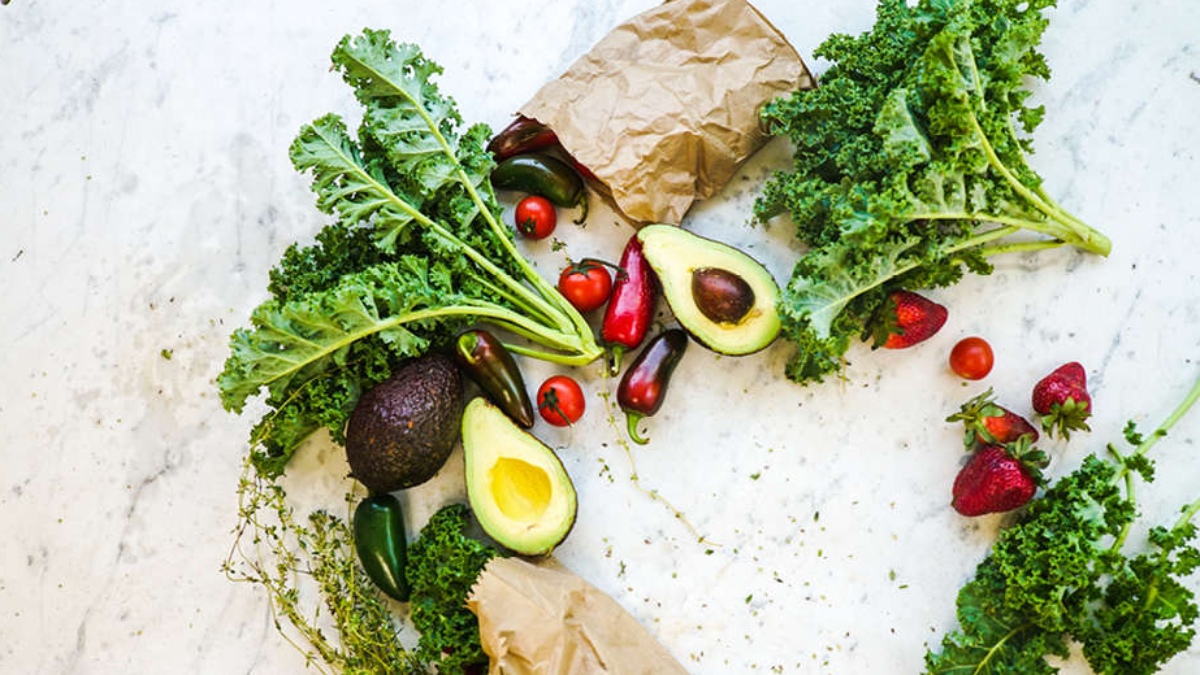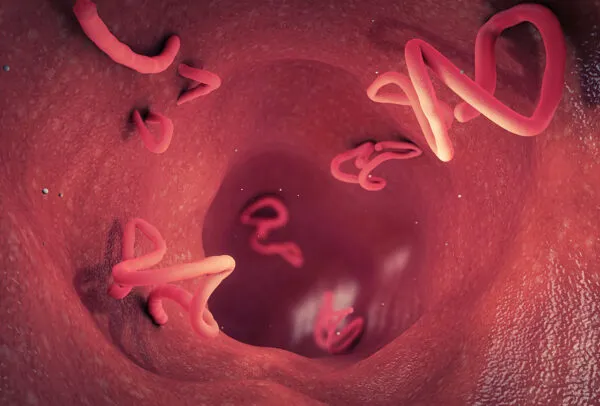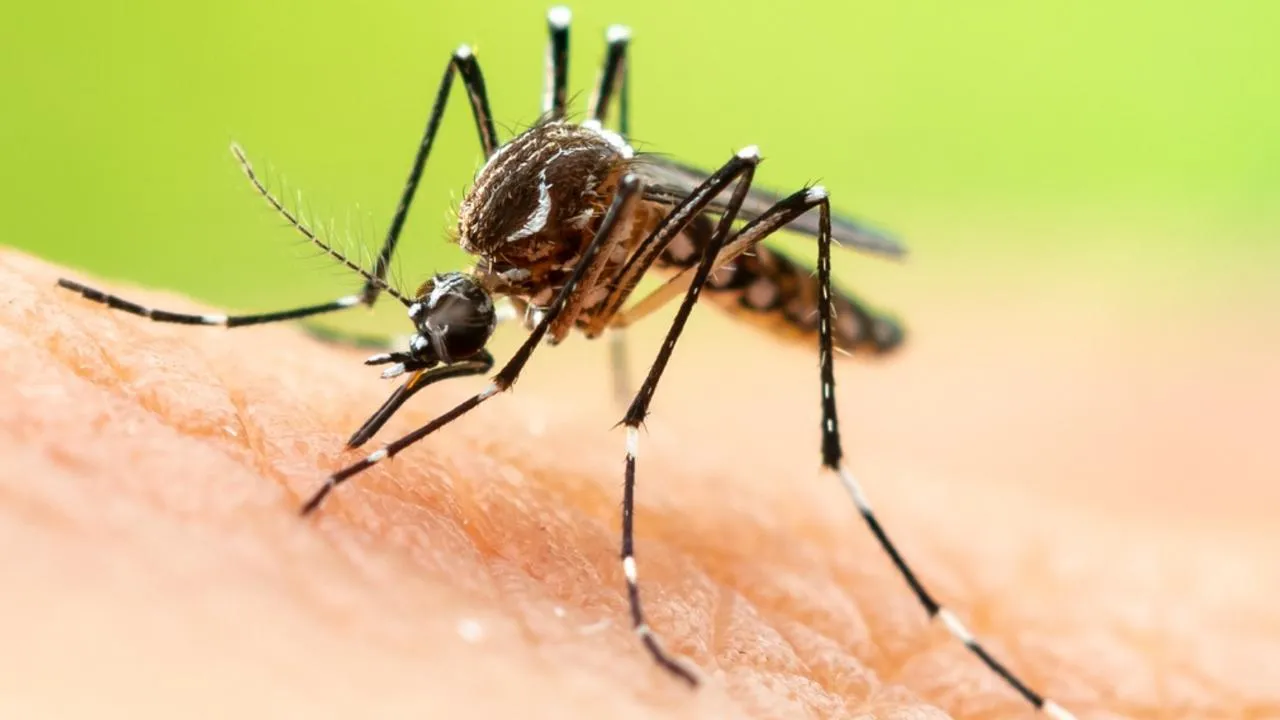Eating higher total amounts of red meat, processed red meat and non-dairy animal fat increases the risk of stroke, while consuming more vegetable fat or polyunsaturated fat lowers it, according to a new study.
The findings of the research will be presented at the American Heart Association’s Scientific Sessions 2021. The meeting will be fully virtual, starting from November 13 and will go on till November 15, 2021. It is a premier global exchange of the latest scientific advancements, research and evidence-based clinical practice updates in cardiovascular science for health care professionals worldwide.
This study is the first to comprehensively analyse the impact on stroke risk from fat derived from vegetable, dairy and non-dairy animal sources.
“Our findings indicate the type of fat and different food sources of fat are more important than the total amount of dietary fat in the prevention of cardiovascular disease including stroke,” said Fenglei Wang, PhD, lead author of the study and a postdoctoral fellow in the department of nutrition at Harvard’s T.H. Chan School of Public Health in Boston.
The investigators analyzed 27 years of follow-up from 117,136 participants in the Nurses’ Health Study (1984-2016) and Health Professionals Follow-up Study (1986-2016), two of the largest studies to examine the risk factors for various chronic diseases.
Participants were age 50 years on average, 63 per cent were women, 97 per cent white, and all were free of heart disease and cancer at enrollment. At the beginning and every 4 years during the study, participants completed food frequency questionnaires that were used to calculate the amount, source and types of fat in their diets over the previous year.
Researchers calculated the cumulative average of the dietary data over time to reflect long-term dietary intake. The amount of fat intake was divided into 5 groups or quintiles.
In the study, total red meat included beef, pork or lamb as a main dish, in sandwiches or mixed dishes, and processed red meats. Processed red meats included bacon, sausage, bologna, hot dogs, salami and other processed meats.
The investigators found that during the study, 6,189 participants had strokes, including 2,967 ischemic strokes (caused by a clot cutting off blood flow to part of the brain) and 814 hemorrhagic strokes (caused by bleeding of vessels in the brain). Participants in the highest quintile of non-dairy animal fat intake were 16 per cent more likely to experience a stroke than those who ate the least (the lowest quintile).
“Based on our findings, we recommend for the general public to reduce consumption of red and processed meat, minimize fatty parts of unprocessed meat if consumed, and replace lard or tallow (beef fat) with non-tropical vegetable oils such as olive oil, corn or soybean oils in cooking in order to lower their stroke risk,” said Wang.























